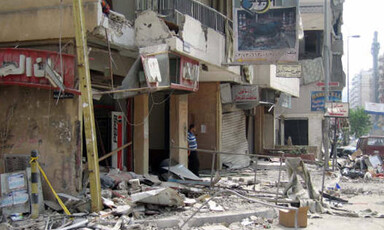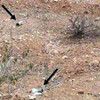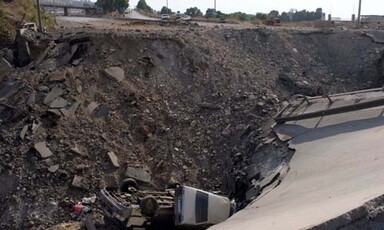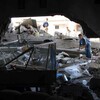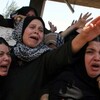
Public Security Minister Avi Dichter refuses Supreme Court recommendation to cancel promotion of Benzi Sau
17 August 2006
On June 1, The Committee of the Victims’ Families of October 2000 presented an appeal to the Supreme Court against Benzi Sau and Public Security Minster (former head of the Shabak) Avi Dichter. The appeal called to cancel the promotion of Benzi Sau for the post of Head of Operations to the Public Security Minister (considered high-ranking in the Public Security Ministry). Benzi Sau was one of the most prominent high-ranking officers on the scene during protests of the Arab minority in the October 2000 events, and particularly so in Umm el-Fahm. Read more about Public Security Minister Avi Dichter refuses Supreme Court recommendation to cancel promotion of Benzi Sau

